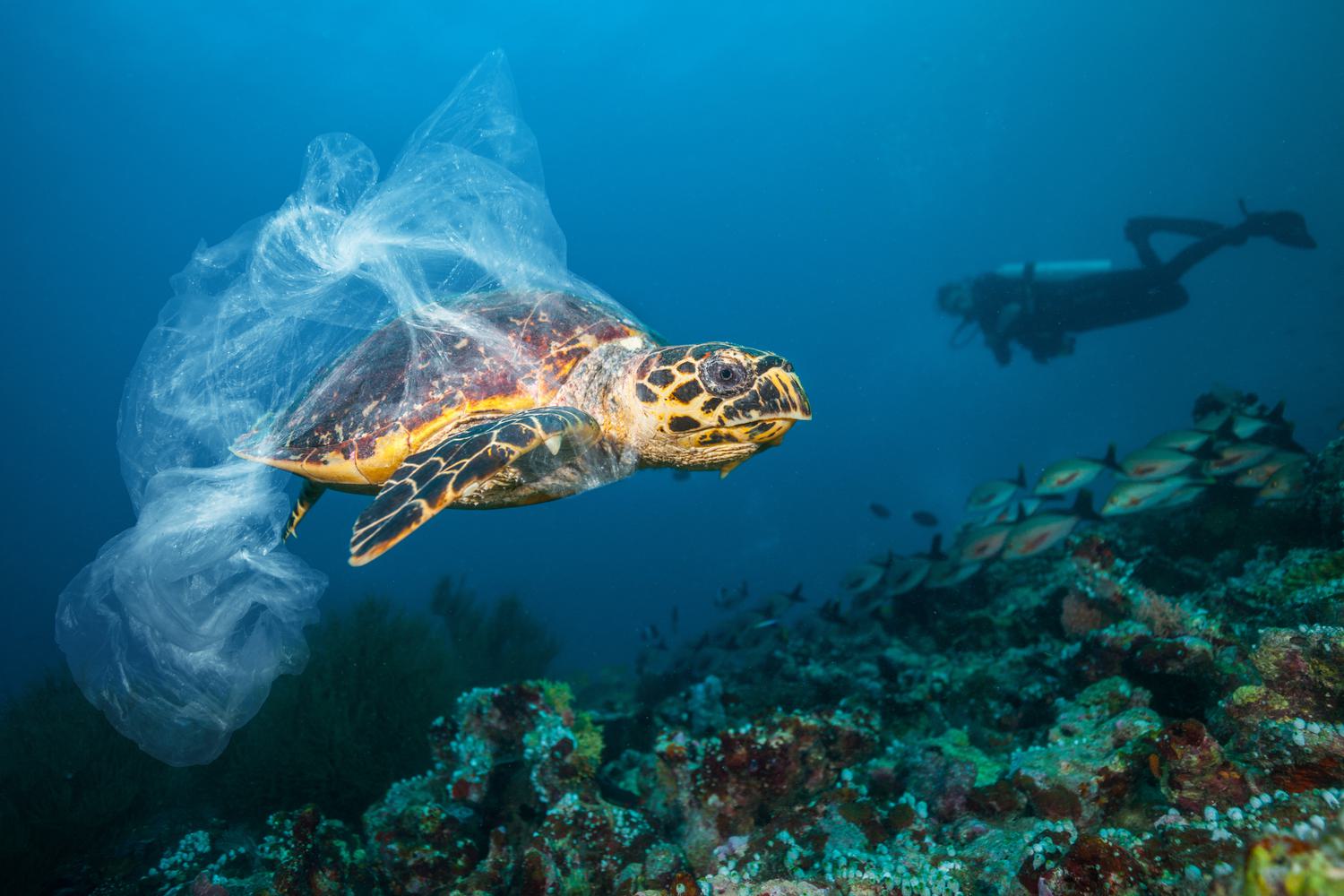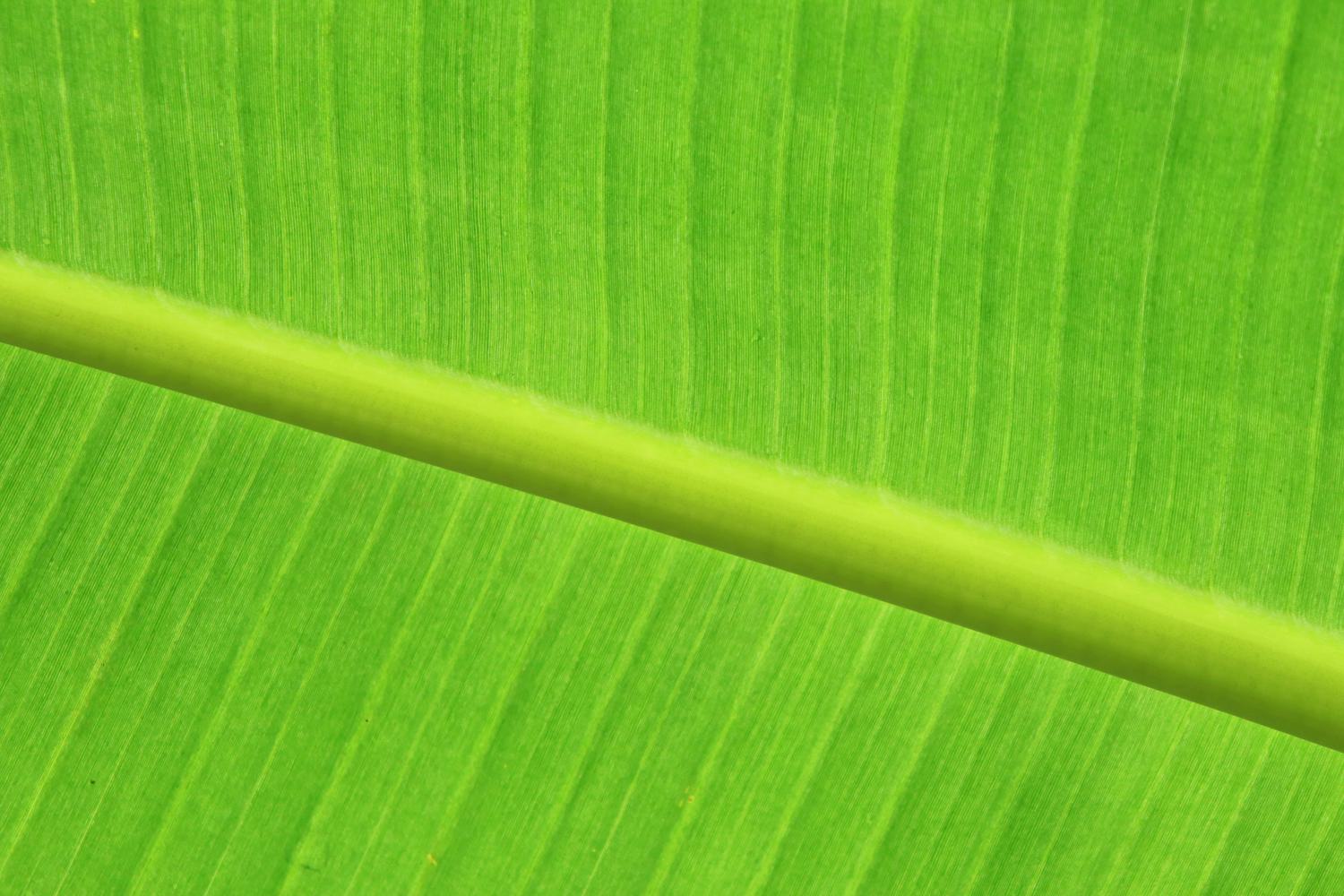Whether you own or are renting a home, making environmentally friendly choices will help preserve our beautiful islands.
On This Page
There are lots of little things that can be done at home to help you and your family live a more green lifestyle. From recycling and reusing where possible, to installing greener household appliances - there are many ways to protect Cayman's future from the comfort of your home.
Reduce, Reuse & Refuse
The George Town landfill has an estimated four to five years of space left before it reaches its full capacity, which means it is essential that we all strive to reduce, reuse and refuse our waste.
-
Refuse styrofoam as it cannot be recycled and is one of the biggest culprits of ocean pollution.
-
Say no to single-use plastics, such as plastic produce and shopping bags, plastic utensils, and even disposable coffee cups.
-
Buy mesh produce bags for fruit and vegetable purchases, reusable coffee cups and glass or stainless-steel straws.
-
Reusable straws are available at Bon Vivant, Foster’s and Kirk Home Centre.
Reducing the amount of waste we personally generate ultimately reduces the amount of waste we send to the landfill.
Recycling
Recycling reduces the amount of waste sent to landfills and conserves natural resources such as water, timber and minerals. There are various recycling depots across Grand Cayman, many of which are located at the island’s major supermarkets and the BarCam petrol station in Prospect.
Residents can recycle the following items at these locations:
-
Paper and cardboard
-
Clean metal food cans (steel and aluminium)
-
Glass
-
PET/PETE and HDPE plastics (numbers 1 and 2)
Be sure to check the bottom of containers for codes like PET, PETE and HDPE or the 1 and 2 symbols. Do not include the plastic bag that you brought the recyclables in. After the recyclables are placed in the multi-coloured bins at any of the depots across the island, they are taken to the DEH recycling centre at the George Town landfill. Once the recycling has been separated and baled, it is shipped to its final destination in Florida, where it is distributed to various waste processing facilities. Recyclables in Cayman Brac and Little Cayman are safely stored at their respective landfills until arrangements are made for shipping to Grand Cayman for further processing.
After being suspended in 2022, the glass recycling programme resumed in February 2025, giving residents the opportunity to drop off glass items at the designated recycling depots across the island. Made possible by the public-private partnership between the Department of Environmental Health (DEH) and the Flowers Group, this supports Cayman’s move toward greater sustainability. The collected glass is crushed and repurposed locally into building blocks, paving slabs and other construction material.
Local businesses have also joined the sustainable effort:
-
Blackbeard’s collects locally made beer bottles such as White Tip, 345 Stout, Mango Tango, and bottles from the Cayman Islands Brewery, which also runs a collection programme. Discounts are offered in exchange for returning locally made bottles and cans.
-
Green to Go reuses its product packaging and, like the Brewery, offers a small cash rebate or purchase discount.
Remember to wash or rinse out items before depositing them in recycling bins, as contents can contaminate the entire bin. It is also essential that no non-recyclable items are placed in recycling bins, as they can contaminate recyclables and cause the entire bin to be landfilled. Read the signs at each depot and follow the instructions carefully. Remember to separate your waste at source and don’t put plastic wrappers, plastic bags or cling wrap in with numbers 1 and 2 plastics. Teach your children as well.
Additional recycling and waste services include:
-
JUNK collects recyclables (aluminium, cardboard, glass and plastic types 1 and 2) every week from your home or office, exporting them to waste management partners and diverting them from the George Town landfill. The cost is CI$50 a month. Email: info@junk.ky or manager@junk.ky.
-
E-Waste Cayman Islands Ltd. collects and recycles old electronic equipment such as computers, keyboards and cables. Fees start at CI$10 per unit and increase depending on the nature and volume of the material. They also offer on-site data destruction which includes electronic reporting and disposal. Tel: (345) 916 6764 | Email: info@e-waste.ky.
-
Island Recycling, part of Island Waste Carriers, collects non-ferrous metals including aluminium, copper, brass and some scrap car parts and may pay you depending on the volume. Tel: (345) 516 3333.
The Department of Environmental Health (DEH) oversees all the Islands’ recycling. Other services provided include food safety, district sanitation and rodent control, solid and hazardous waste collection, recycling and disposal, and public education and promotion programmes. Tel: (345) 949 6696.
Disposing of Batteries
Please do your part to keep Cayman's environment green and free from toxic material. Everyone should aim to use rechargeable batteries. Batteries contain heavy metals such as mercury, lead, cadmium and nickel, and if not disposed of properly can contaminate the environment, harm people and animals and cause fires.
The Department of Environmental Health (DEH) has introduced small blue collection containers (which look like blue tubes) where used household batteries can be dropped off for recycling. The bins are located at all supermarkets, including Foster's, Cost-U-Less and some public businesses and condos. For more information visit the Recycling Locations page.
Rechargeable batteries (from your computer, camera or cell phone for example) can be dropped off at Funky Tangs or BrandSource and are shipped to the US for recycling.
Lead acid, car batteries and any other battery over 5lbs can be recycled by dropping them off at the DEH Recycling Centre at the Landfill site.
Please do not put any batteries in the regular garbage bins!
Household Appliances
The most environmentally friendly fuel source available in the Cayman Islands is propane. Home Gas (all three islands) and Clean Gas (Grand Cayman only) are the two available providers. Home Gas (Tel: (345) 949 7474) offers installation, service and delivery, whether residential or commercial, and works with their customers throughout the whole process of designing, installing and maintaining a propane system.
They also offer propane and product guidance for all indoor and outdoor appliances. Payment can be made online via their website, in person or over the phone using a debit or credit card.
Green Cleaning Products
Environmentally friendly cleaning products are becoming more common in Cayman’s stores. These green products clean just as well as their harsh chemical-laden counterparts but are made entirely from natural ingredients that are non-toxic and free of phosphates, fillers, fragrance, chlorine, dyes and NPE. They are not tested on animals and do not contain animal additives. Another benefit of these green products is that they are far better for the septic tank systems used by most homes in Cayman.
The Refillery offers an online, eco-friendly refilling service for household cleaning products and also sells eco-friendly items such as candles, soaps, scrub brushes, shampoo, conditioner, deodorant and reusable beeswax food wraps. Wide-mouth gallon jugs are also available. Orders can be placed through their website, and enquiries can be made via email.
Foster’s Supermarket and Kirk Market lead the way among supermarkets in supplying safe cleaning products. EcoCay, an online-only store, also sells sustainable, plastic-free and non-toxic cleaning products, along with other everyday essentials and kitchen items made from wood.
Dry Cleaning
When you need dry cleaning on Grand Cayman, Island Cleaners (Tel: (345) 949 5391) and Puritan Cleaners (Tel: (345) 949 7104) are both eco-friendly companies that use environmentally safe dry-cleaning products and recycle hangers. If items are dropped off by 10am, they offer a same-day service with collection available before closing.
Fluff ‘N’ Fold (Tel: (345) 943 5833) in Camana Bay also uses energy-efficient equipment, non-toxic chemicals and recycling programmes to help reduce their impact on the environment.
Top Tips for Being Green
Small choices can make a big difference, so here are some ways you can reduce your impact on the environment:
-
Take reusable bags with you to the grocery store
-
Buy and reuse glass food containers
-
Bring reusable containers when collecting takeaway
-
Use reusable cups and bottles
-
Avoid disposable cutlery
-
Choose eco-friendly cleaning products
-
Avoid toiletries that contain microbeads
-
Swap to non-plastic alternatives, e.g. a bamboo toothbrush, a silicone menstrual cup or beeswax wraps
-
Avoid products containing palm oil and, when unavoidable, buy those containing RSPO-certified palm oil
-
Reduce your meat and dairy intake
-
Opt for eating lionfish at restaurants as they are a highly invasive species
-
Buy locally caught fish from marketplaces like the fish market right by the George Town harbour
-
Be mindful of water usage and install a ‘low flow’ shower head to save water
-
Use rechargeable batteries
-
Repurpose newspapers and towels by taking them to the Humane Society and donate magazines to the hospital
-
Take old copies of the Cayman Resident magazine to the National Museum to use in craft activities
-
Repurpose old printers and laptops by donating them to schools or charities
-
Return clothes hangers to dry cleaners
-
Donate second-hand clothes
You can also join Plastic Free Cayman and take their 345 Pledge for Individuals which suggests easy switches you can make to help you reduce plastic waste. Find them on Facebook or visit their website.
Being a Green Family
For your kids to value the importance of recycling, you must lead by example. The more fired-up you are about recycling, the more interested they will likely be in participating. Kids should see recycling as an exciting way to help protect the Earth and all the incredible creatures that call Cayman home.
If you plan to make recycling a regular chore for your kids, incentivise it by rewarding them with fun activities like trips to the beach or the cinema. Take some time when you visit the beach to pick up trash and help keep Cayman looking beautiful. Encourage your kids to join youth-led environmental organisations like Protect Our Future for the opportunity to meet like-minded friends, get involved in community clean-up efforts, and expand their understanding of climate change and other related subjects.
Check out this article on Raising Environmentally Conscious Children in Cayman for more helpful tips.





